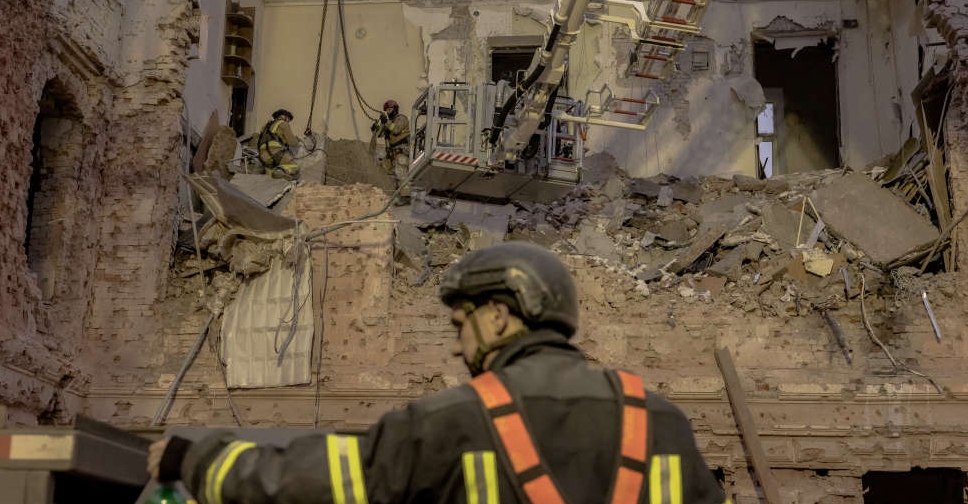
Two Russian ballistic missiles slammed into the heart of the northern Ukrainian city of Sumy on Sunday, killing 34 people and wounding 117 in the deadliest strike on Ukraine this year, officials said.
President Volodymyr Zelenskyy demanded a tough international response against Moscow over the attack, which came with US President Donald Trump's push to rapidly end the war struggling to make a breakthrough.
The leaders of Britain, Germany and Italy condemned the attack.
"These attacks show just what Russia's supposed readiness for peace is worth," German Chancellor Olaf Scholz wrote on social media.
US Secretary of State Marco Rubio in a statement expressed condolences for the victims and said the attack was a "tragic reminder of why President Trump and his administration are putting so much time and effort into trying to end this war".
Zelenskyy, in an interview with CBS News' 60 Minutes aired on Sunday, urged Trump to visit Ukraine. "Please come to see people, civilians, warriors, hospitals, churches, children, destroyed or dead," he said in a video clip the program posted on social media.
During the interview, which took place on Friday, Zelenskyy was asked if the United States had Ukraine's back. After a brief pause, Zelenskyy replied: "Even in this pause of mine, there's a problem, because I want to answer truthfully and quickly that the United States is our strategic, strong partner," he said. "But the pause is doubt. I don't doubt that the people of America are with us, but in a long war, many details are forgotten."
He called on the United States to provide forces as part of an international peacekeeping effort, specifically asking for Washington to help protect Ukrainian airspace with aircraft.
Under Trump's administration, US officials have held separate rounds of talks with Kremlin and Kyiv officials to try to move toward a cessation of hostilities in Ukraine.
Russian authorities did not immediately respond to a Reuters request for comment. Russia denies targeting civilians but thousands have been killed and injured in its invasion of Ukraine.
A separate Russian drone attack injured five people in the Black Sea port city of Odesa late on Sunday and damaged a medical facility, regional officials said.
The Sunday attacks followed a missile strike in the central Ukrainian city of Kryvyi Rih, Zelenskyy's hometown and far from the ground war's front lines in the east and south, this month that killed 20 people.
Sumy, with a population of around a quarter of a million and located just over 25 km from the Russian border, became a garrison city when Kyiv's forces launched an incursion into Russia in August.
Sumy's acting mayor, Artem Kobzar, announced three days of mourning for the victims starting from Monday.
The people who were caught in Sunday's strike were out on the street or inside cars, public transport and buildings when the missiles hit, Interior Minister Ihor Klymenko said. "Deliberate destruction of civilians on an important church feast day," he wrote.
Russia launched a full-scale invasion of Ukraine in February 2022 and currently holds nearly 20 per cent of the neighbouring country's territory in the east and south. Russian forces have been slowly advancing in the east.
The International Criminal Court in The Hague, which Ukraine officially joined this year, is conducting investigations into high-profile cases of alleged war crimes in the conflict.
The US in late March said it reached agreement with Russia and Ukraine on two ceasefire accords, including one that would ban strikes on each other's energy infrastructure. Both sides have repeatedly accused each other of breaking the moratoriums.
On Sunday, Russia's defence ministry accused Ukraine of having carried out two attacks on Russian energy infrastructure over the previous day.
Witkoff, Trump's special envoy, held talks with Putin on Friday in St. Petersburg on the search for a Ukraine peace deal.



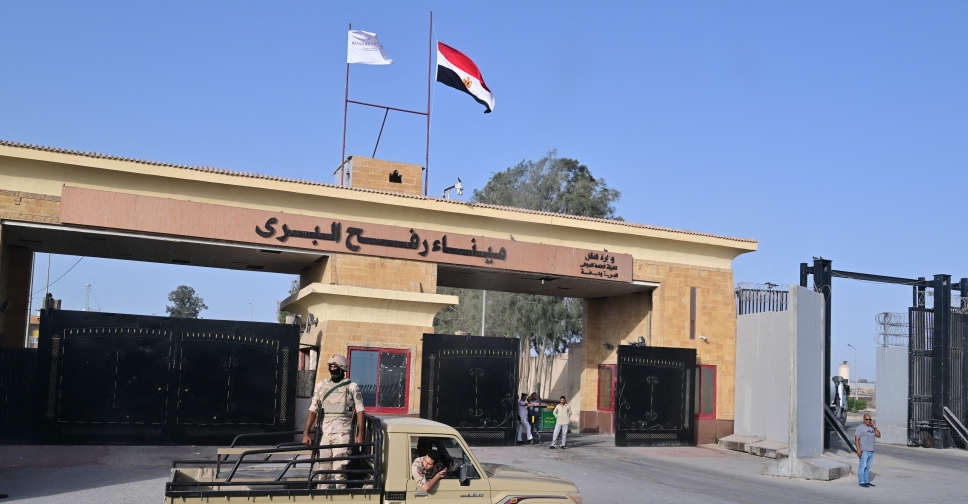 Reopening of Gaza's Rafah crossing expected Monday
Reopening of Gaza's Rafah crossing expected Monday
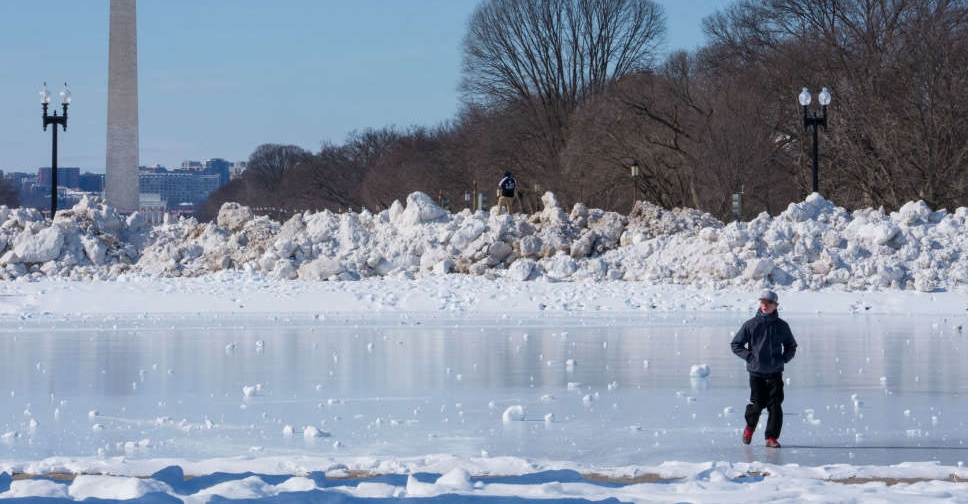 Winter storm death toll in United States reaches 90
Winter storm death toll in United States reaches 90
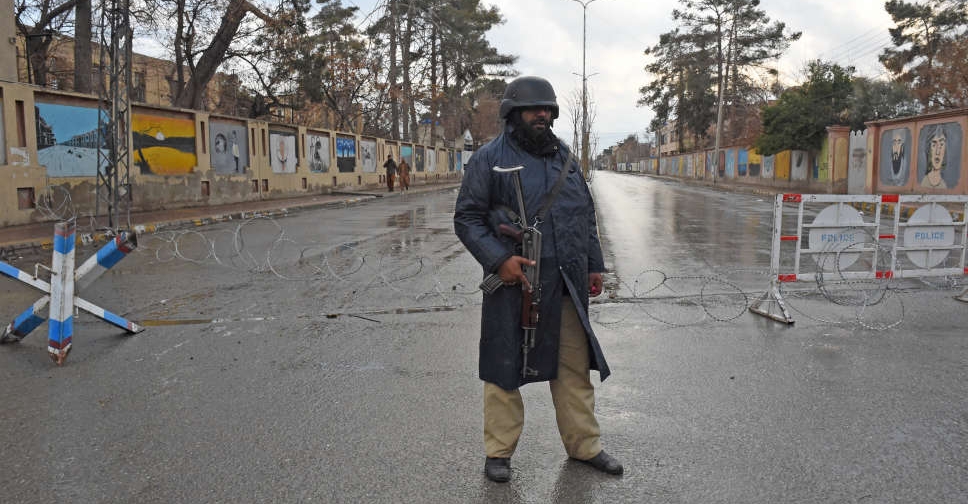 Pakistan says 145 militants killed after attacks in Balochistan
Pakistan says 145 militants killed after attacks in Balochistan
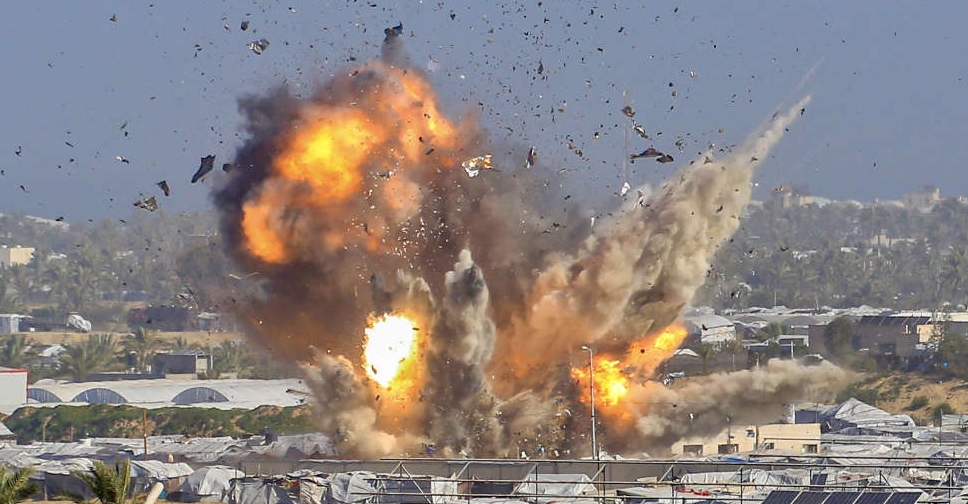 Israeli strikes kill 26 in Gaza, health officials say
Israeli strikes kill 26 in Gaza, health officials say
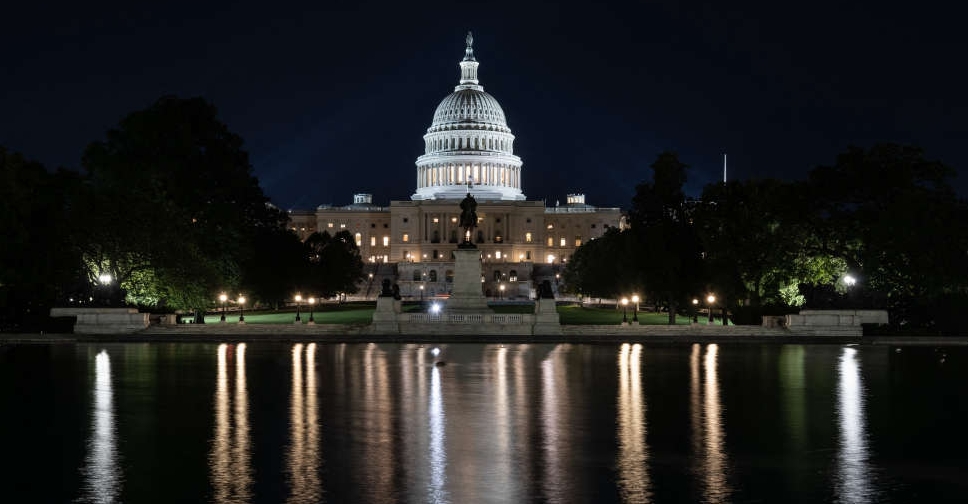 US government starts likely brief shutdown as House fails to approve deal
US government starts likely brief shutdown as House fails to approve deal
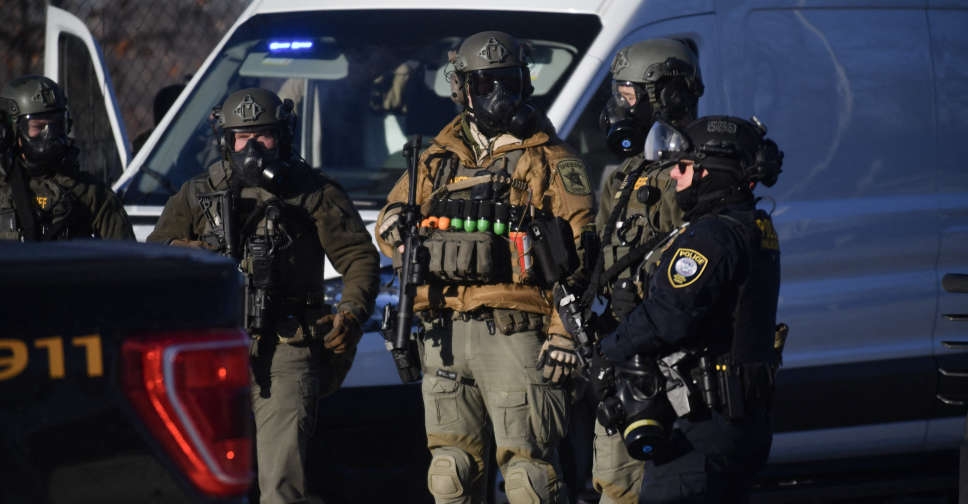 Thousands demonstrate in Minnesota and across US to protest ICE
Thousands demonstrate in Minnesota and across US to protest ICE
 France tightens infant milk rules after recalls
France tightens infant milk rules after recalls
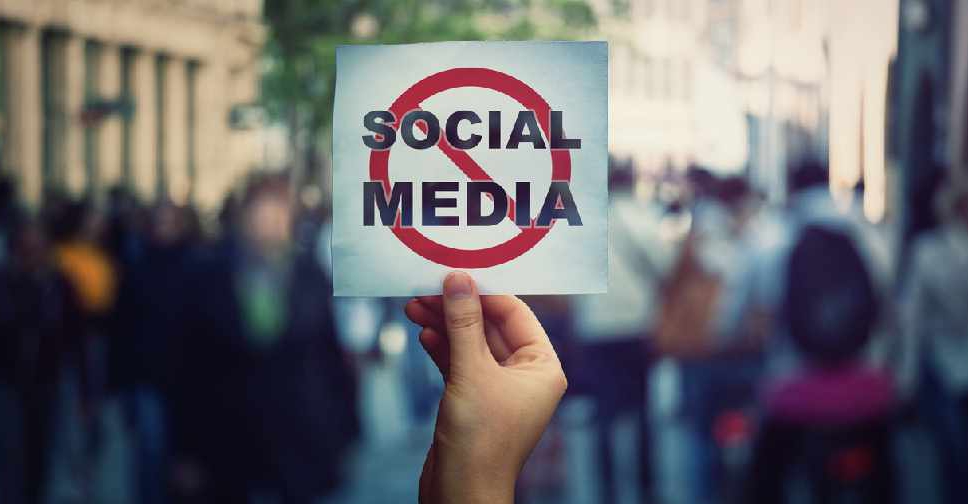 Modi ally proposes social media ban for India's teens as global debate grows
Modi ally proposes social media ban for India's teens as global debate grows



